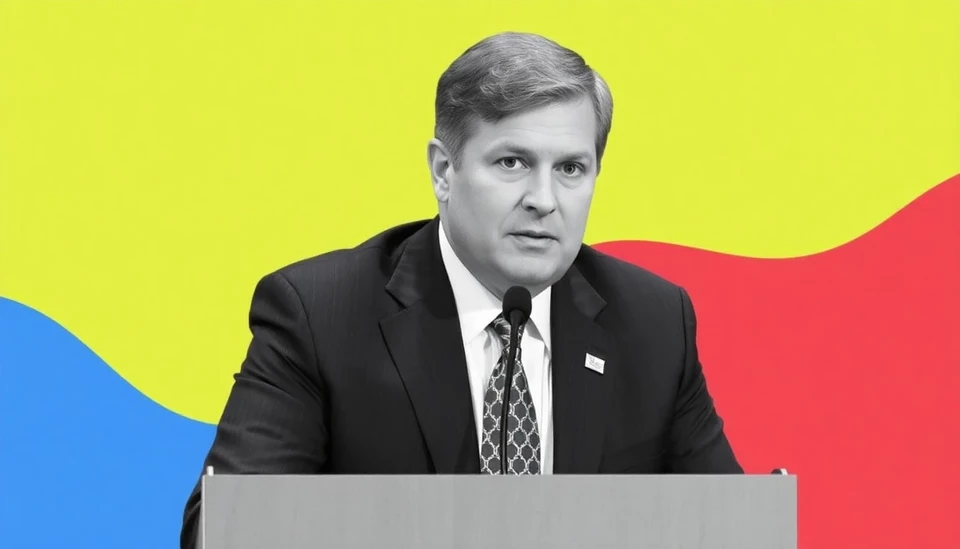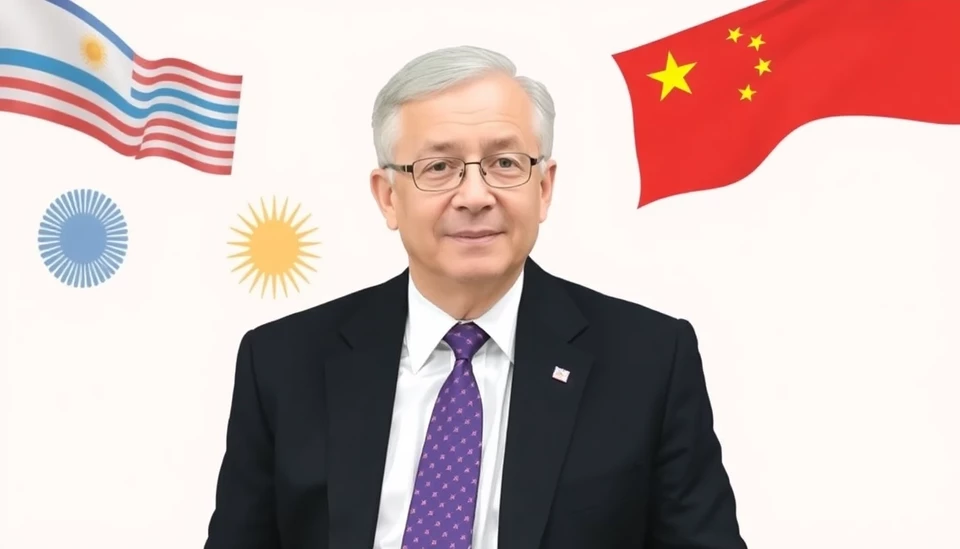
In a bold economic maneuver, Javier Milei, Argentina’s president, has initiated a floating exchange rate for the Argentine peso against the U.S. dollar. This decision, aimed at revitalizing the beleaguered Argentine economy, has sparked concerns among economists and citizens alike about the potential resurgence of inflation and the challenging environment in which many Argentines are trying to make ends meet.
Under Milei's administration, which began with an ambitious economic agenda, the move to float the peso is intended to enhance market dynamics and stabilize the currency. Yet, this strategy has raised alarm bells due to Argentina's long history of hyperinflation and currency devaluation. Critics argue that without stringent monetary policy and fiscal responsibility, the floating peso may exacerbate inflationary pressures rather than alleviate them.
Since the announcement, the peso has experienced significant volatility against the dollar. Observers note that this instability could lead to further erosion of purchasing power for everyday Argentines, who have already been grappling with soaring prices for essential goods and services.
The floating exchange rate represents a stark departure from previous government policies that attempted to maintain a fixed currency rate through various interventions. In the past, these strategies have often led to economic turmoil, with most recent attempts failing to curtail the rampant inflation that has ravaged the nation's economy for years. Milei’s plan underscores his belief that a market-driven currency would lead to a more sustainable fiscal environment, but many question whether the foundations for this strategy are adequately in place.
In addition to the immediate concerns surrounding inflation, Milei's policy shift has implications for international investors and trading partners. The unpredictability of the floating peso could deter foreign investment, which is crucial for Argentina’s economic recovery. Investors generally seek stability, and any signs of unrest or economic instability could prompt them to withdraw their capital.
Furthermore, analysts are particularly worried about the impact of heightened inflation on the country’s poorest citizens. As prices continue to rise, affordability for basic commodities is becoming increasingly out of reach, leading to widespread discontent among the populace.
In response to the backlash and potential fallout from his policy, Milei has emphasized the necessity of reform and a commitment to creating a robust economy. He believes this step is essential for fostering growth and attracting international interest in Argentina's markets.
In conclusion, while implementing a floating peso could offer some opportunities for economic recovery, the risks associated with inflation loom large. As Argentina navigates this crucial period, the balance between driving economic growth and safeguarding citizens against the pains of inflation will be vital. The coming months will be pivotal in determining whether Milei’s strategy bears fruit or leads to further economic strife for a nation that has endured amid chronic financial instability.
#Argentina #Milei #Economy #Inflation #Peso #FloatingCurrency #FinancialStability
Author: Laura Mitchell




